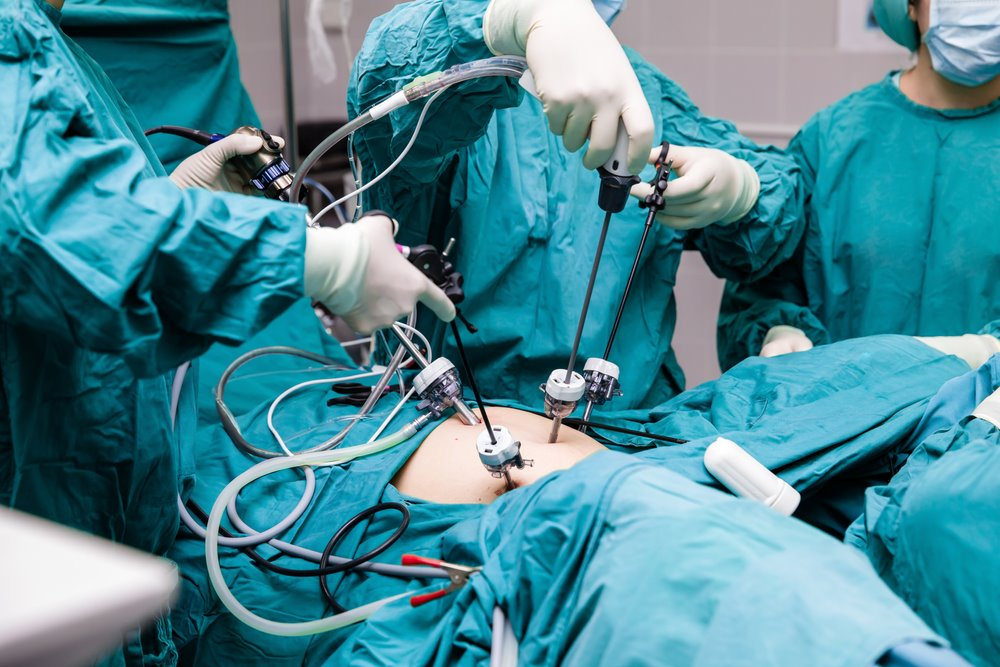
Revision surgery is not a surgical method or the name of an operation. Complications in a previous weight loss surgery, failure to achieve appropriate weight loss, or the patient's weight gain again and changing the first surgery to a different type of surgery are called. With the increasing importance and prevalence of weight loss surgeries, the number of patients who need reoperation is increasing. Although this rate varies in publications, it varies between five and forty-three percent.
Most of the patients who need revision surgery are those who cannot reach their target weight because the first method is not suitable for them. The other group consists of patients who regained weight, had recurrent diabetes and had chronic problems due to their first surgery. Although there is no evidence-based algorithm in patients who need a second surgery, it is more effective to decide according to the clinical condition of the patient.
Gastric band application, also called gastric banding, which was a popular method of the time, had to be changed to different methods due to slippage of the band, enlargement of the stomach pouch, ulcers, swelling area problems and the patient's inability to tolerate the band. Removal of the band and revision surgery are generally preferred in the same session, while in some centers, six months are waited for the revision method after the band is removed. As a revision method; RNY Gastric bypass, sleeve gastrectomy, bipartition procedures, SADI-S and Duodenal Switch surgery can be preferred.
Revision after gastric sleeve surgery is a common condition. Revision should be considered in cases where the target weight is not achieved and the patient gains weight again, but this should be different surgical procedures, not a re-gastric sleeve surgery. The success of performing a sleeve gastrectomy surgery is very low due to weight gain again in sleeve gastrectomy surgery. Other conditions that need revision in sleeve gastrectomy surgery; acute or chronic leaks, strictures, fractures and reflux complaints that do not respond to drug therapy. In this case, while the RNY Gastric Bypass is a good choice, in patients who gain weight again or cannot reach the target weight; transit-loop bipartition procedures, SADI-S and Duodenal Switch are more effective.
Revision is also needed in bypass surgeries, and there are generally two reasons for this. Since sufficient bowel cannot be bypassed in patients who have gained weight after bypassing, a long absorption area remains and absorption defect cannot be fully created in patients. The patient may not be able to reach the target weight or weight gain may be observed again. The reverse is also possible; After the bypassed intestine, the remaining intestine cannot provide the necessary mineral-vitamin-protein intake and people experience problems due to malabsorption. In this table, which is defined as protein-energy malnutrition, the places of the intestinal connections are changed and the connections are brought closer to the stomach part.
Secondary revision surgeries are important, centers where all weight loss surgeries specialized in this regard should be selected.


